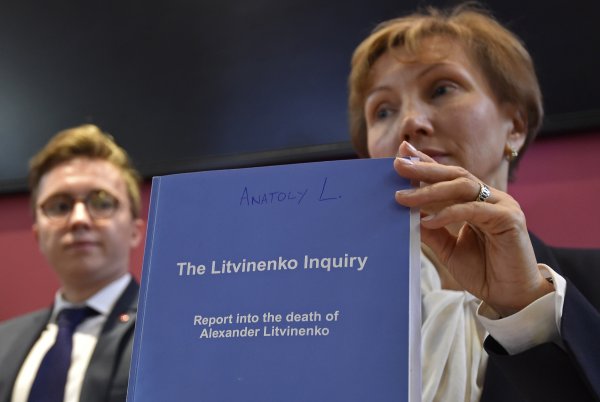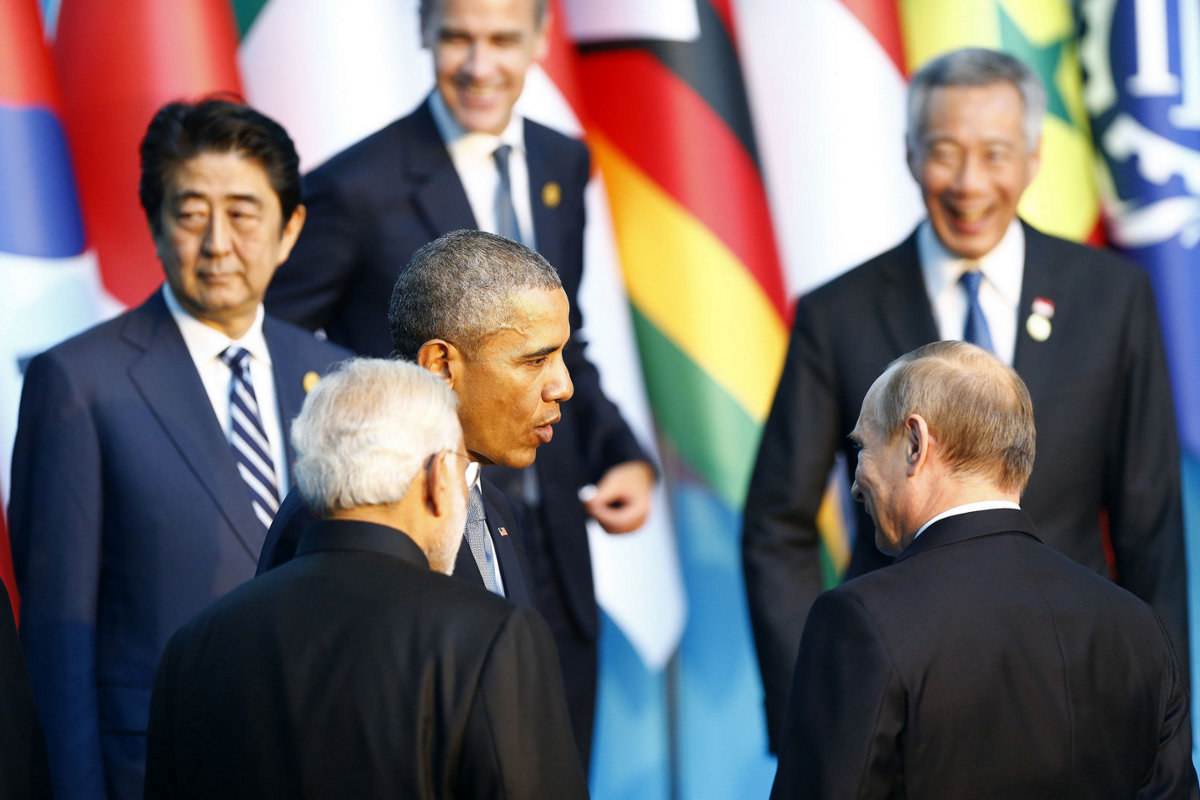Europe now wants to keep Russia and the United States from a military conflict in the Middle East and elsewhere. This means one thing: the international situation is literally on the verge of possible global confrontation.
The UK Foreign Secretary Boris Johnson has threatened to propose new penalty sanctions against Russia at the G7 summit of foreign ministers if Moscow does not abandon its support for the criminal regime of Bashar Assad and does not withdraw its armies from Syria.
Johnson has pointedly cancelled his trip to the Russian capital to demonstrate his response to the chemical attack by Assad's regime and to give the opportunity to the US Secretary of State Rex Tillerson to deliver a coordinated message from the civilized world at the Kremlin.
In Moscow, Johnson is already being presented as an irresponsible "hawk'' who is attempting to influence the "peace-loving" foreign policy of the Putin regime. But, in fact, Johnson is not a "hawk" at all. The UK Foreign Secretary's position reflects the general concern by European countries about the consequences of the US strike on Syria.
Donald Trump's move was supported by almost all the allies of the United States -- from the European Union to Türkiye. Support, however, does not mean absence of concern.
If Moscow decides that it must "teach" Trump and answer him with force, the situation may rapidly progress to a military confrontation between the West and Moscow. Indications of this readiness may be seen in the joint threat made by Russia, Iran, and the Syrian regime to respond to any new attacks .
If the G7 countries agree to introduce new sanctions, they will need to demonstrate to Vladimir Putin the unity of the West and the readiness of the civilized world to act energetically and consistently. They will need to keep Russia from any attempts to raise its weakening hand on the leader of the free world -- the United States.
But, at the same time, they will need to return Trump, so to speak, to the position of Obama -- to the readiness to work on dismantling the Russian political regime through political and economic rather than military means.
In other words, Europe today wants to keep Russia and the United States from military confrontation in the Middle East and everywhere else.
However, the chances of Boris Johnson and those who share his approach are not very good. Putin has long lived in the twilight zone of reality that he is unlikely to exit even after losing power. From the perspective of the Russian ruler and those with whom he communicates, it is not Russia but the United States that is violating international law and the rules of the game -- in the Middle East and the former Soviet Union.
Therefore, neither sticks nor carrots will lead to success. Putin is convinced that it is up to him to take the initiative and that he alone can decide who is to be issued ultimatums or offered incentives.
When it comes to Donald Trump, things are even more complicated. First, the American president prefers to act impulsively, and his reactions to these and other events cannot be foreseen. Just a few days ago, Trump was strongly opposed to using force in Syria and criticized his predecessor Barack Obama for intervening in the Syrian conflict.
Today Trump used force himself. Tomorrow he may have a different position. But right now the US president needs quick victories and he is not interested in the refined calculations of British gentlemen.
This means one thing: the international situation is literally on the verge of possible global confrontation. Three years ago, Ukraine could have viewed itself as the impartial observer of such a conflict. Today it risks becoming one of its arenas.





